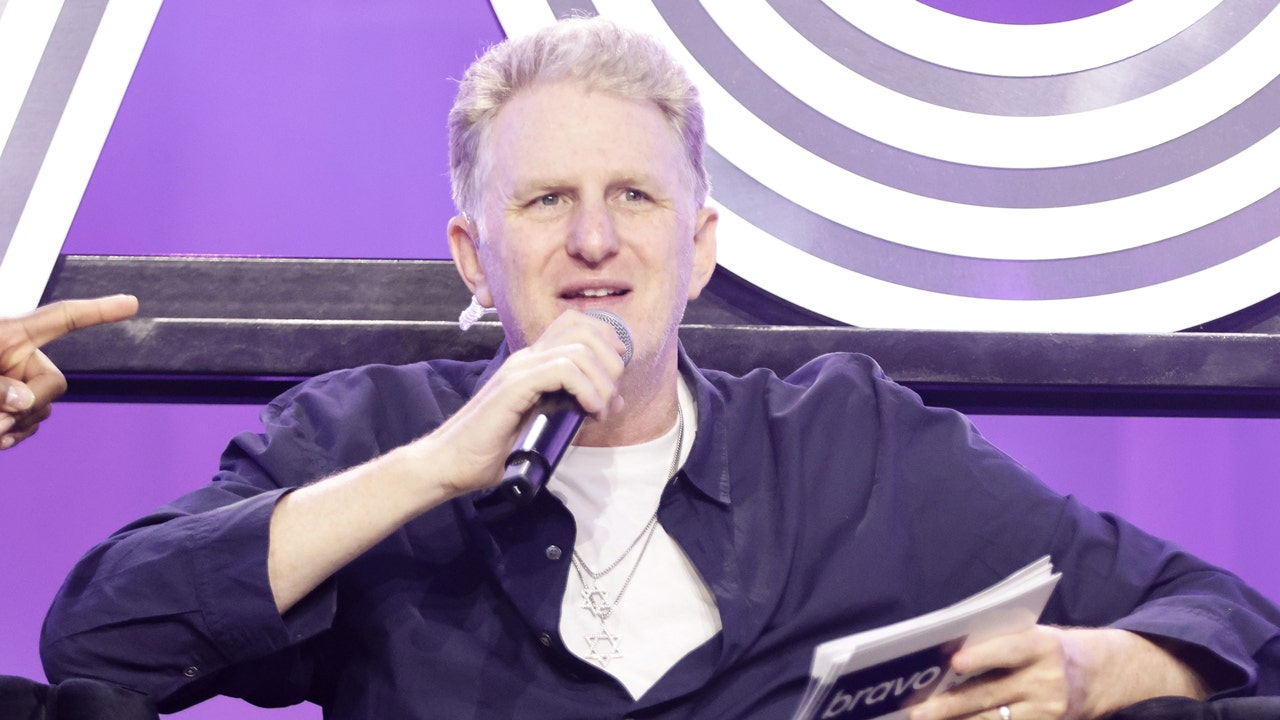Michael Rapaport’s Bold Critique: Is TikTok a ‘Dirty’ and ‘Biased’ Platform?
In a recent social media outburst, actor and comedian Michael Rapaport has brought attention to TikTok, calling the platform ‘dirty’ and ‘biased.’ This provocative statement has sparked conversations among users, creators, and social media experts regarding the implications of TikTok’s content moderation policies, its algorithm, and its overall impact on public discourse. As TikTok continues to grow, Rapaport’s criticisms raise important questions about the platform’s role in shaping online culture and the experiences of its users.
The Context of Rapaport’s Critique
Michael Rapaport, known for his outspoken nature, has always been a figure who doesn’t shy away from sharing his opinions. His comments about TikTok come in the wake of ongoing discussions about the platform’s influence on younger audiences and how it serves as a breeding ground for trends, memes, and sometimes, misinformation. Rapaport’s post resonated with many who have had their own frustrations about the platform, shedding light on its dual nature—entertainment and potential misinformation.
But what exactly does Rapaport mean by calling TikTok ‘dirty’? Is it merely a reflection of his personal experience, or does it encapsulate broader concerns about social media platforms in general?
Understanding ‘Dirty’ and ‘Biased’
When Rapaport labels TikTok as ‘dirty,’ he could be referring to several aspects:
- Content Moderation: TikTok has faced criticism for its content moderation practices. Users often report that their videos are taken down or flagged for violating community guidelines, sometimes without clear reasons. This inconsistency can lead to a feeling of unfairness among creators.
- Algorithm Bias: TikTok’s algorithm, which determines what content is shown to users, has been scrutinized for potentially favoring certain types of content over others. This can create an echo chamber effect, where users are only exposed to specific viewpoints or types of media.
- Influencer Culture: The rise of influencers on TikTok has led to discussions about authenticity. Many users question the sincerity of content given the platform’s emphasis on trends and virality, which can sometimes overshadow genuine expression.
On the other hand, the term ‘biased’ is particularly relevant in today’s polarized environment. Critics argue that platforms like TikTok can perpetuate biases, whether socio-political or cultural, by amplifying certain narratives while suppressing others. This raises questions about who gets to be seen and heard in the digital landscape.
The Role of Algorithms in Content Distribution
At the heart of Rapaport’s concerns lies the role of algorithms in shaping user experiences. TikTok’s For You Page (FYP) is notoriously powerful, curating content based on user behavior. While this can create a personalized experience, it also raises the issue of algorithmic bias.
Research has shown that algorithms can inadvertently favor certain demographics or content types, leading to a lack of diversity in the voices that are amplified. For example:
- Content that is more sensational or controversial may receive higher engagement, pushing similar content to the forefront.
- Creators from marginalized backgrounds might find it challenging to gain visibility due to algorithmic preferences that favor mainstream content.
This algorithmic influence can create a sense of disenfranchisement among users who feel their voices are being drowned out. Rapaport’s critique highlights a real concern that many have about the implications of such bias on public opinion and discourse.
Impacts on Users and Society
Critics of TikTok often point to the platform’s potential negative impacts on users, especially younger audiences. The addictive nature of short-form video content can lead to:
- Decreased Attention Spans: Consuming rapid snippets of content can condition users to have shorter attention spans, making it difficult to engage with longer, more nuanced discussions.
- Misinformation Spread: The rapid nature of trends and challenges can facilitate the spread of misinformation, as users may share content without verifying its accuracy.
- Body Image Issues: The prevalence of beauty standards portrayed on TikTok can negatively impact users’ self-esteem and body image.
While TikTok does offer a platform for creativity and self-expression, these potential downsides cannot be ignored. Rapaport’s remarks serve as a reminder that, while social media can be a force for good, it can also harbor elements that lead to societal harm.
Balancing Critique with Acknowledgment
Despite the criticisms, it’s essential to acknowledge the positive aspects of TikTok. The platform has empowered many creators to share their voices, connect with communities, and even launch careers. TikTok has also been a space for social movements, allowing users to raise awareness about issues such as racial injustice, mental health, and climate change.
However, as Rapaport suggests, a critical examination of the platform is necessary. Users need to be aware of the potential for bias and the influence of algorithms in shaping their experiences. This awareness can empower users to engage more thoughtfully with content and seek diverse perspectives.
What Lies Ahead for TikTok?
The future of TikTok, much like the future of social media, remains uncertain. As users continue to demand transparency from platforms regarding how content is moderated and distributed, TikTok may need to adapt its policies to address these concerns. Potential steps may include:
- Improved Content Moderation: Clearer guidelines and better communication about why content is removed or flagged can help users feel more secure in their creative expressions.
- Algorithm Transparency: Providing insights into how the algorithm works could demystify content distribution and allow users to understand the factors influencing their FYP.
- Diversity Initiatives: Actively promoting a wider range of voices on the platform can help combat biases and ensure that diverse perspectives are represented.
In conclusion, Michael Rapaport’s bold critique of TikTok as a ‘dirty’ and ‘biased’ platform touches on critical issues in the social media landscape today. While TikTok has its flaws, it also serves as a powerful tool for connection and creativity. As users and creators, it’s necessary to engage with these platforms critically, advocating for improvements while embracing the positives they bring to our digital lives.
See more Future Tech Daily

